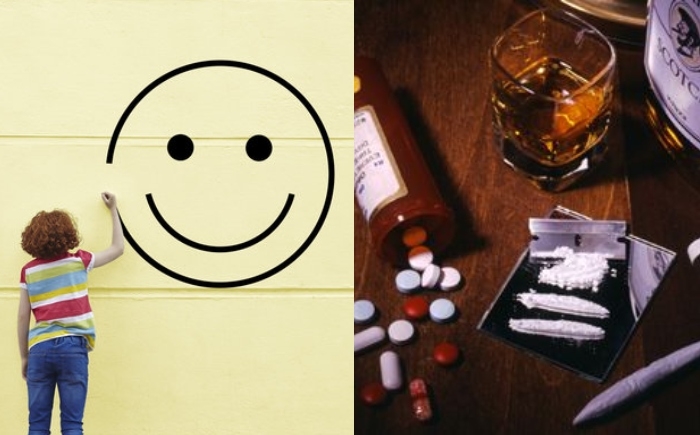Brief moment of Happiness can lead to even long-lasting effects: New study for substance addiction treatment
Pune, January 19: In a rare attempt of research in the field of positive psychology, researchers at the Massachusetts General Hospital (MGH) Recovery Research Institute published a study that tests whether positive psychology exercises boost happiness in persons recovering from substance addiction.

The study is the first of its kind to prove that brief, text-based, self-administered exercises can significantly increase “in-the-moment” happiness for adults recovering from substance use disorders.
As composed positive experiences are rarely incorporated into treatment for those with disorders of substance use, this innovative way can prove to be an important change in the area.
Through a randomized, online survey, more than 500 adults who reported current or previous problematic substance use were assigned one text-based exercise that took an average of four minutes to complete. The exercises used were as follows:
1. "Reliving Happy Moments," in which the participants select one of their own photos that captured a happy moment and enter text describing what was happening in the picture.
2. "Savouring," in which participants describe two positive experiences they noticed and appreciated during the preceding day, led to the next highest gains in happiness.
3. "Rose, Thorn, Bud," in which they list a highlight and a challenge of the preceding day and a pleasure they anticipate the following day.
4. "3 Hard Things," in which participants are asked to write about challenges they had faced during the preceding day which led to a significant decrease in happiness.

The authors note that the ease of use and effectiveness of these positive psychology exercises suggest they may be promising tools for reinforcing happiness during treatment, which may help support long-term recovery too.
Expressing the success of the research, lead author Bettina B. Hoeppner, PhD, senior research scientist at the Recovery Research Institute said, “Addiction scientists are increasingly moving beyond the traditional focus on reducing or eliminating substance use by advocating treatment protocols that encompass quality of life”.